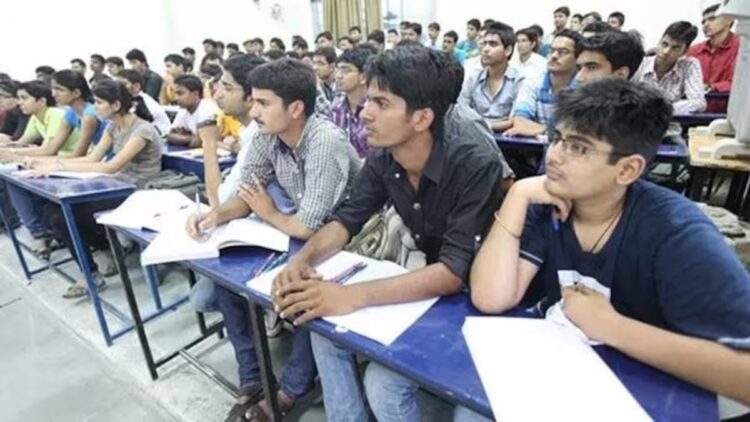In response to a surge in unfortunate deaths, particularly suicides, attributed to the coaching industry, the government has introduced a comprehensive set of guidelines aimed at regulating coaching centres across the country. The move underscores the need to address hazardous environments, exorbitant fees, and various malpractices within the sector.
Released by the Department of Higher Education of the Ministry of Education, Government of India, the “Guidelines for Regulation of Coaching Centre” encompasses several key provisions. These include establishing an age cap for admission, bringing the industry under a legal framework through registration, ensuring accurate information for prospective students, establishing a grievance resolution system, and prioritizing the mental health and well-being of students.
The absence of a clear policy or regulation has led to the proliferation of unregulated private coaching centres, which often charge excessive fees, subject students to undue stress, and engage in malpractices, as reported widely in the media.
These guidelines come in the wake of a disturbing increase in student suicides, particularly among those preparing for competitive exams like JEE (Joint Entrance Examination) for Engineering and NEET (National Eligibility cum Entrance Test) for Medical admissions. In 2023, Kota, a major coaching hub, witnessed 26 suicides, marking the highest number in a calendar year since 2015.
The government emphasizes that coaching institutes should refrain from making false promises or misleading advertisements regarding the quality of coaching or facilities. The new rules mandate that coaching centres cannot admit students below 16 years of age, ensuring a fair and reasonable fee structure.
Furthermore, the guidelines prohibit discrimination based on religion, race, caste, sex, place of birth, and descent. Special provisions are encouraged to promote greater representation of students from vulnerable communities, including females, students with disabilities, and those from marginalized groups.
The mental well-being of students is also a focal point, with coaching centres expected to avoid undue pressure and establish mechanisms for providing targeted assistance in distressing situations.
The guidelines extend to infrastructure requirements, mandating a minimum of one square meter per student during classes and adherence to fire safety and building codes. Violation of these guidelines carries severe consequences, with penalties ranging from ₹25,000 for the first offence to revocation of registration for subsequent violations.
Parents, while acknowledging the importance of coaching centres for academic purposes, seek information on alternatives for children below 16 years of age. The government’s move is seen as a step towards ensuring not only academic excellence but also the overall well-being of students in their educational journey.

















Comments